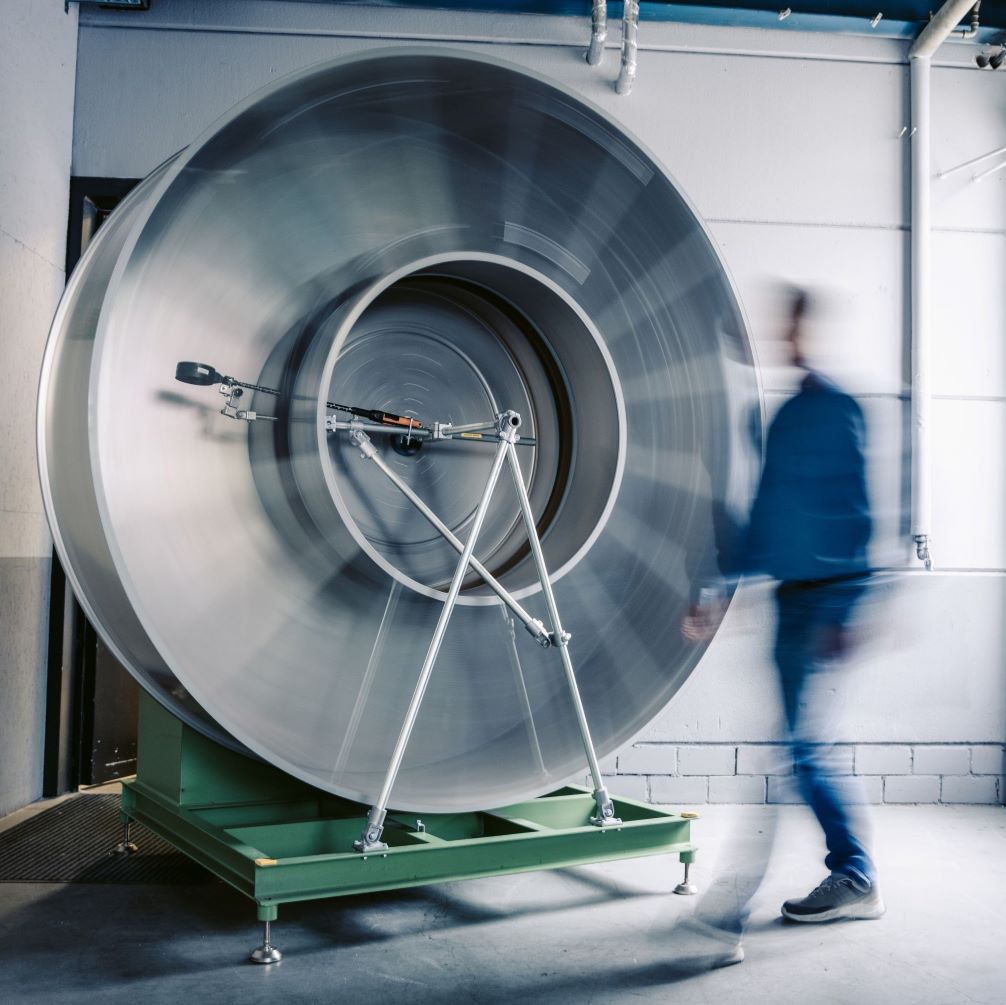Calibration – compulsory or optional?
But we want to know exactly
All test equipment used to verify quality characteristics must be calibrated at regular intervals. The reason is obvious: even the smallest inaccuracies in the measurement results (e.g. due to dirt or wear on the measuring device) can have a significant impact on product or process quality.
Calibration is therefore essential for quality assurance. This is because it ensures that legal regulations and standards such as DIN EN ISO 9001, GMP or FDA are met. In addition, by regularly checking their test equipment, companies can be sure that they can rely on the measurement results – a good feeling.
A complete calibration process includes:
- Determination of the measured value
- Documentation of the measurement deviation (measurement accuracy of the test specimen)
- Calculation of the measurement uncertainty
- Creation of a calibration certificate
PHOTO BELOW: We are one of the few laboratories in Germany to have a calibration wheel with which we can precisely calibrate air velocity measuring devices (suitable for vane and hot-wire anemometers in the range 0.2 m/s – 5 m/s).
Published: May 2025
